Description
Mouth Quill:
Poems with Ancestral Roots
by Kaja Weeks
Mouth Quill’s twenty-one poems narrate an intimate journey of universal themes—of ancestors, displacement, migration, longing, and connection. Drawn from the author’s childhood familiarity with ancient poems of her heritage, the collection’s title, “mouth quill,” is inspired by Finno-Ugric runic verse and refers to the “singer’s magical tool.” The work unearths many such poetic concepts, creating organic metaphoric connections from the distant past to present; occasionally, the reader is invited into magical realism: becoming “the spirit of an egg, carried by the sea to Iberia” before plummeting below the Baltic Ice Lake to find the “land mother will call home.” Other poems display tragedies of history (war and displacement) and the effect of ancient world views—cataclysms, music and sacred nature—upon the author’s childhood and present in the 21st century, completing a tightly knit, lyrical arc of identity.
About the Author

Kaja Weeks is a poet, essayist and classically trained singer whose writing contemplates music and healing as well as identity through multiple generations. She is the American born daughter of World War Two refugees from Estonia, a northern land on the Baltic Sea. Moved by the pain and beauty of its history, she also loves the alliterative sounds, mythic lore and world views in that ancient Finno-Ugric culture. Many of these motifs, found in thousands of runic verses and long preserved by oral transmission, come alive in Kaja’s creative work. Her poems, especially, weave new strands with timeless, universal themes of ancestors, displacement, migration, longing, and one’s sense of self and other.
Kaja was named a “little songbird” by the time she was five, singing hundreds of Estonian and English songs. Now she is also a clinic-based music educator in Maryland who engages young children with autism to their earliest communications with playful singing. Her ideas on development and early communicative musicality have been represented in trainings, lectures, keynote addresses and in scholarly journals in the United States and Canada.
Kaja is a graduate of New Directions, a three-year writing program of the Washington Baltimore Center for Psychoanalysis, where she studied with renowned writers in all genres as well as specialists in depth psychology. Kaja’s literary writing has appeared in The Sugar House Review; Ars Medica: A Journal of Medicine, The Arts and Humanities; Under the Gum Tree; The Sandy River Review; The Potomac Review (nominee, Pushcart Prize) and elsewhere.
Early Praise for Mouth Quill:
“I am a refugee’s child . . . I long for the resting sigh she was ripped from . . .” writes Kaja Weeks in her poem “Coastal Meadows” from her collection, Mouth Quill: Poems with Ancestral Roots. Weeks’s exploration of her Estonian heritage in twenty-one riveting poems swept me with her back to “those runic tunes of lost silver beads,” then forward to her mother’s escape as one of “a motley crew of the dispossessed/stitched into a patchwork of America.” Rich with birds and melody, these pages sing, but her incredible “The Dolomite Heel Print” makes sure we understand not all songs are merry. Mouth Quill, a dark crystal studded with light, amazes.
—Deirdre Callanan, author of Water~Dreaming and Fish Camp: North Jetty Tales
Estonian runic verse inspires second-generation American poet Kaja Weeks’ vivid lyric poems, beginning with the title, which refers to “the singer’s magical tool,” and aptly describes this poet’s “quill” as well, delighting with wonderfully musical and evocative language: “Mother, I see no crossroad, no rock mossed/with softest threads, no signs of sacred space.”
We travel back in time to her parents’ escape from a “world gone mad with war once more,” to forging a diasporic post-WWII life, to her late mother’s hospitalization, “Wailing not at gods, but from some crucible of the gods,” to the poet’s more recent adventures visiting her parents’ homeland. Weeks’ consideration of identity through the lens of history is visceral and heartfelt; and the inclusion of Estonian language and culture deft; as is the haunting intertwining of world history and family history; and the subject of immigration remains topical as ever, in the home of the Statue of Liberty.—April Ossmann, author of Event Boundaries
Equally inspired by the traumatic geo-political history of Estonia, her ancestral land, and by the alliterative musicality of the Estonian language, Kaja Weeks has woven the archetypal story of conquered nations and displaced persons into a series of lyric poems that resonate with historical importance and quiver with delicate beauty. In poem after poem, Weeks uncovers the mythic imprint of an ancient, unvanquished culture that has retained a strong sense of itself and nurtured its citizens through longstanding traditions of folk song and choral singing. Like the Estonian ancestors who came before her, Weeks sings both to celebrate and resist. “I can’t escape this terrible beauty,” she writes. “Blooming with songs/ and memory, I go.”
—Kate Daniels, author of In the Months of My Son’s Recovery and The Niobe Poems
Mouth Quill: Poems with Ancestral Roots is a touching, gorgeously written collection—such patient, meditative themes, such lushly imagined writing. “The Dolomite Heel Print,” in particular, is a breathtaking exploration of history and life and identity … a stunning piece! The collection feels like a deep dive into identity—what binds us, what tears us apart, the ways that family can become home.
—Hala Alyan, author, The Twenty-Ninth Year and Salt Houses
In Mouth Quill, a remarkably evocative collection of poems, Kaja Weeks celebrates Finno-Ugric traditions of lyricism and the reverence of nature. The ancient runic roots of these traditions rarely get the attention that they deserve, and they are well-served here. It is a pleasure to read the poems aloud, feeling the rhythms with which they are instilled. The poems are both intensely personal and resonate with a universal voice.
Ancestral Journey—Beneath Ice Sheets, the first poem of the first section, also titled Beneath Ice Sheets starts “My ancestors migrated forward in time, but I migrate backward,” and to my mind this is a key to all twenty-one poems. Weeks integrates standing in the present and looking to a past that has been handed down to her— not just reporting on what she’s been told, but having experienced the stories for herself, takes us with her.
Salme-in-Silk, in the third section, Helix, dedicated to the author’s mother, struck a particular chord with me, because I had the honor of knowing Salme in the Estonian-American community, and she was an extraordinary woman. But reading the poem, written in a mystical and lyric voice, it transcends the personal and delivers a rich visceral experience. I hope these poems are read by many and enjoyed by all who do.
—Tiina Aleman, Estonian translator
Shape of Time, poems by Doris Kareva
Using her quill to comprehend, imagine, burst free and sing, the poems of Kaja Weeks in Mouth Quill are a testament to the splendor and endurance of the human spirit. Out of the howls of war, out of curses, murmurs of stricken mothers, and cries of an ancient, trampled landscape has come a poet of such capacity that one is left gasping. From ancient runes and primeval mud of Estonia, she swallows the unendurable and transforms it into the harp song of her ancestresses. From ancestors who “lived beneath Arctic light/ where night-green and violet-blues quivered,” Weeks tells us her foremothers “cradled harps of northern spruce.” If they could hear the music of their daughter, they would weep. Read these poems and sail on sung waves of “murmur and hum.” It is an honor to hold these majestic verses in one’s hands.
—Sara Mansfield Taber, author
Born Under an Assumed Name:
The Memoir of a Cold War Spy’s Daughter
Enjoy Kaja Reading from Her New Book:
Kaja Weeks — A Featured of The Poetry Box LIVE – October 2020
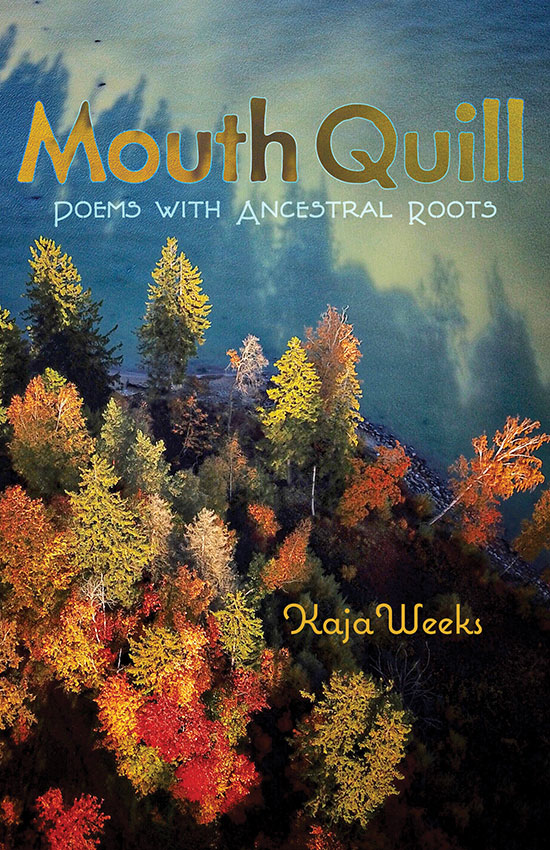
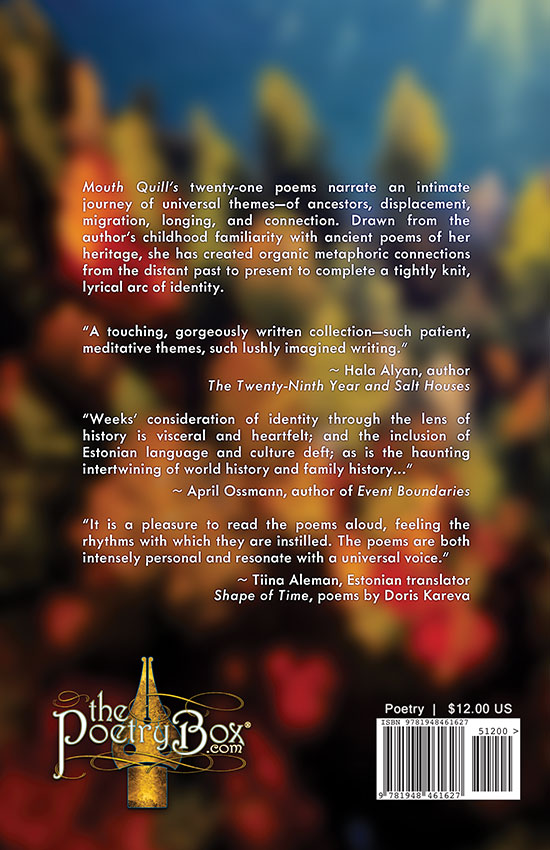

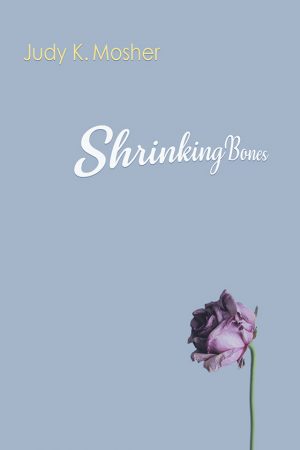
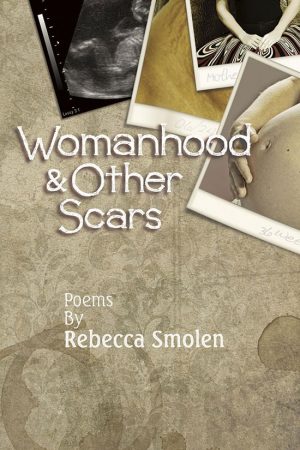
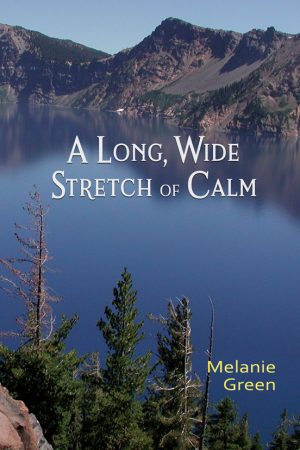
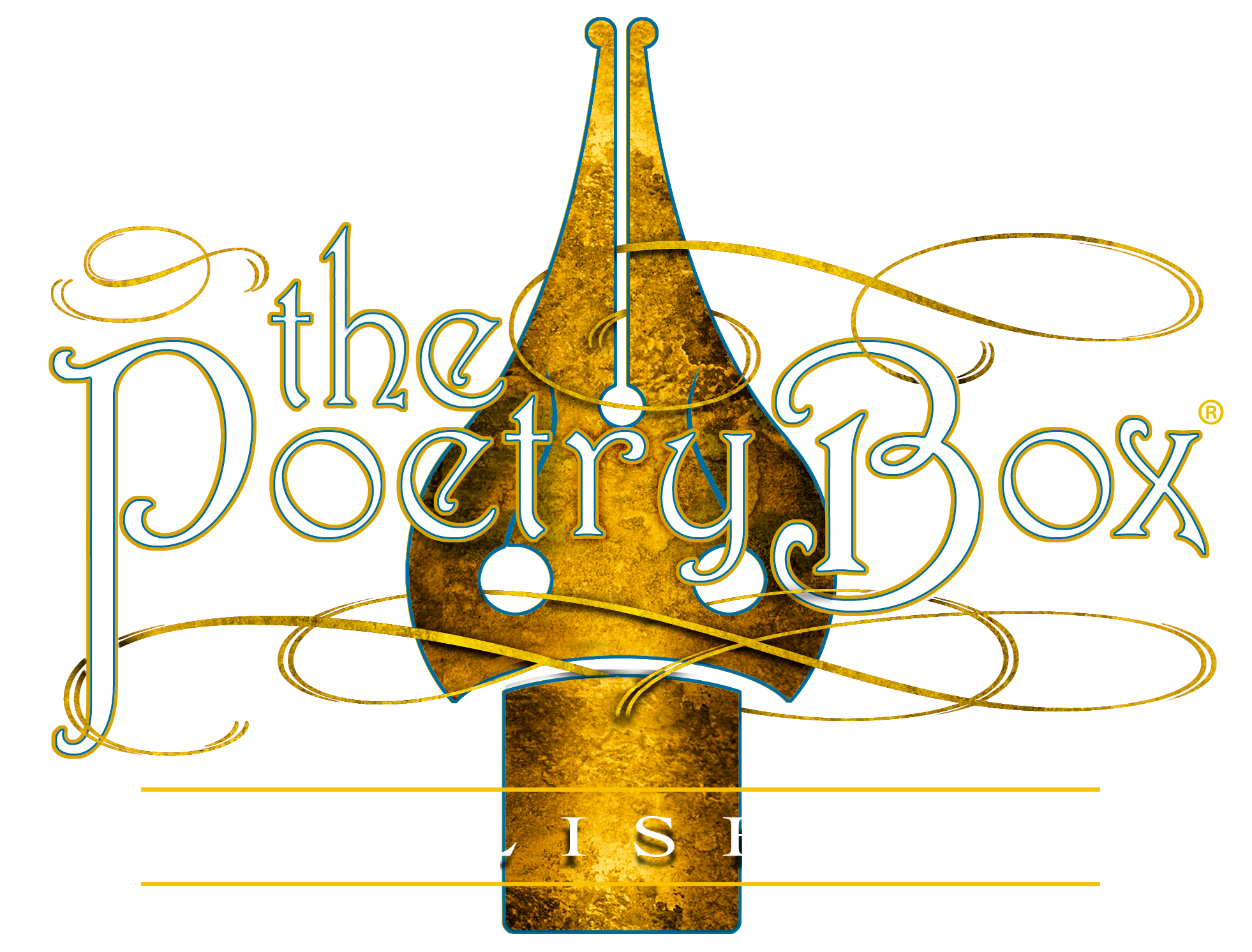
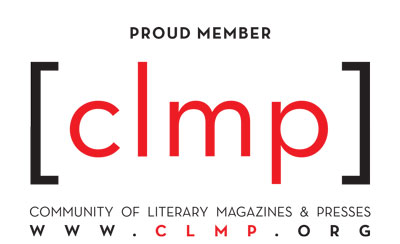

Ralph Merzbach –
Mouth Quill is an outpouring of loss and recovery in the diasporic aftermath of a small nation’s tragedy and in the parallel tragedies of the author’s personal life. In powerful language redolent of the earthy dampness of coastal Estonia, Kaja Weeks brings forth memories that are at once broadly communal and intimately personal. Weeks’s corporeal and spiritual landscapes are numinous with the murmurings of the lost culture for which she has become a vessel. Her fusion of her family’s ancient, native tongue with the language of their adopted country underscores the liminal space in which their lives became suspended, and where they struggled, never quite successfully, to escape the wrenching brutality of Europe’s wars. Working in the borderlands of collective and private memory, Weeks displays her special gift for rendering the obscure landscapes of the heart in the narratives of a history that is similarly obscure to most outside of the Baltic community. Written lovingly with talent and soul, this little book that deserves to be read again and again.